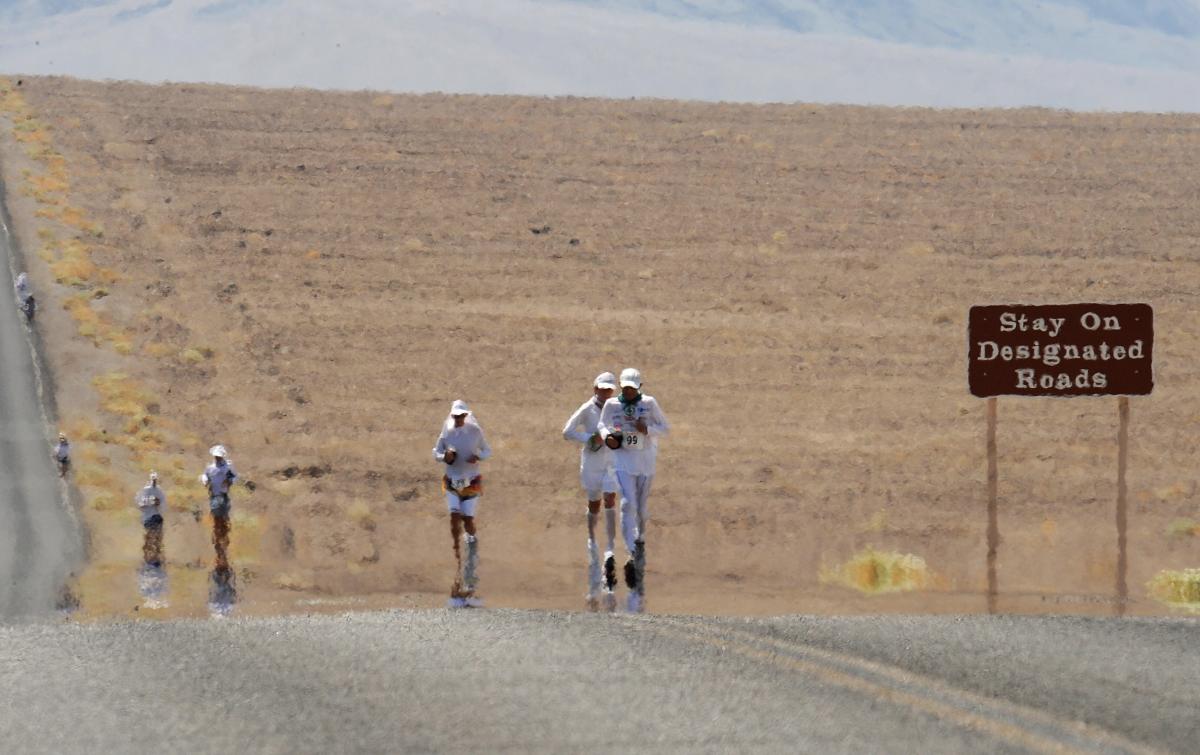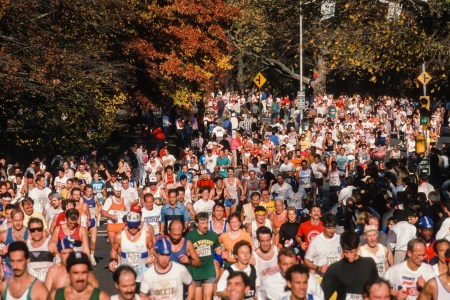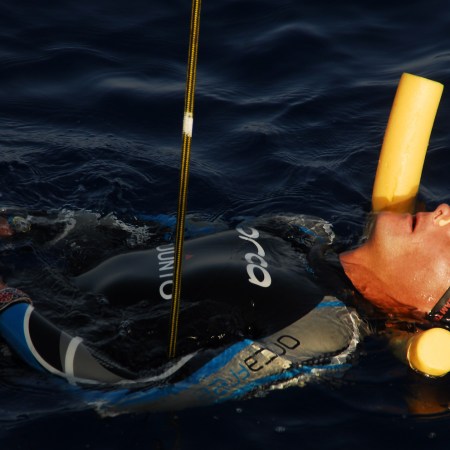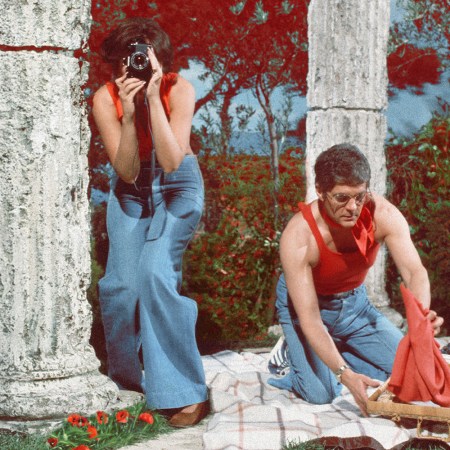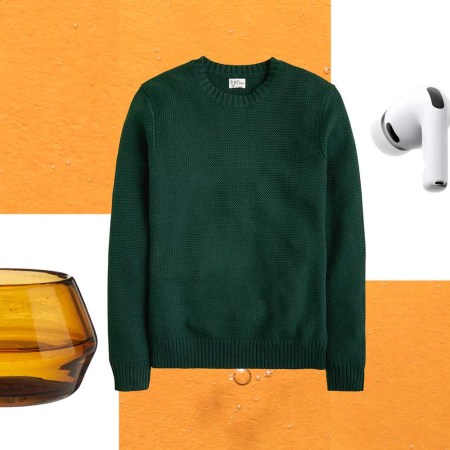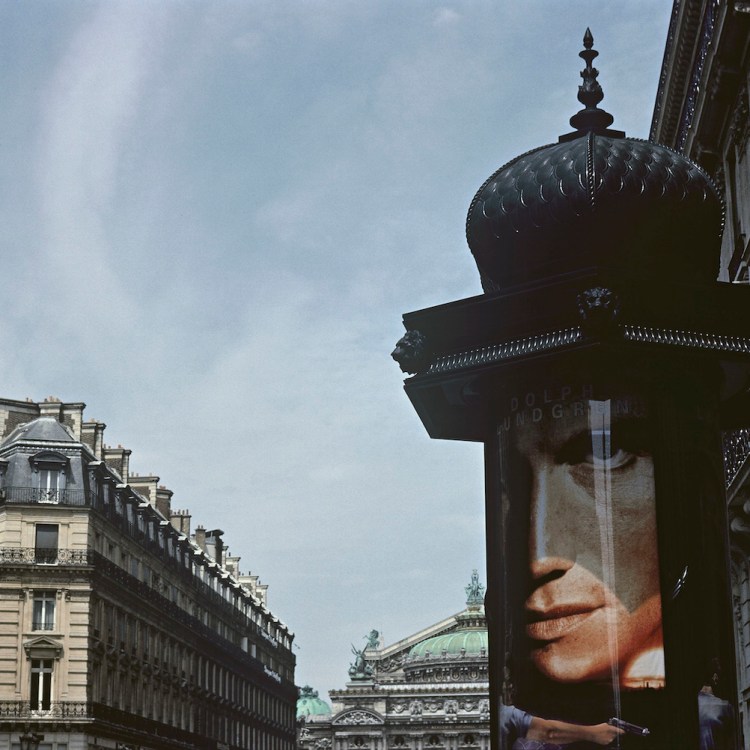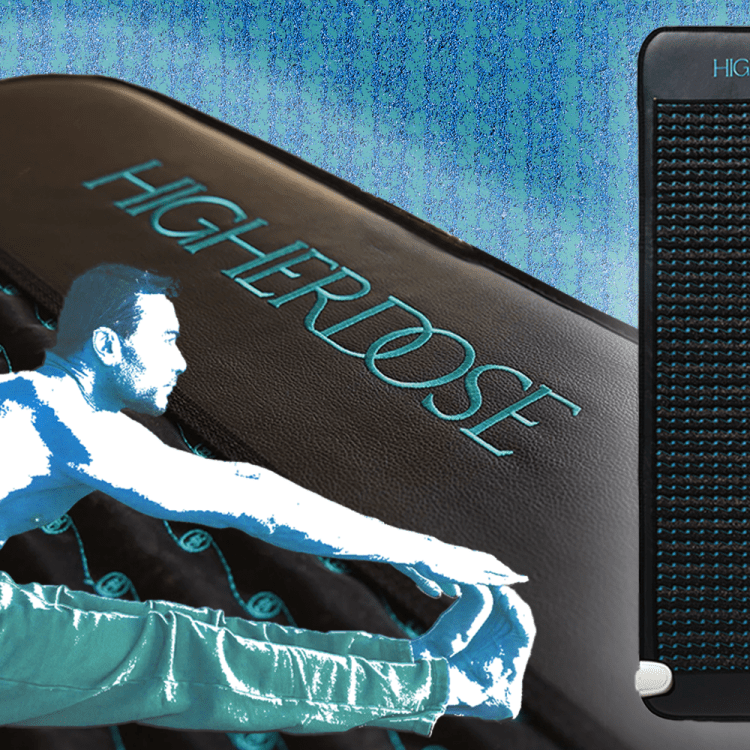Another summer, another alarming record. This past July 3rd was the hottest recorded day in the history of Earth, with the average global temperature touching 62.62°F.
For runners who’ve started training for the Berlin, Chicago and New York Marathons — or any length of road race, for that matter — summer running has never been quite so scorching. Remember: studies suggest the optimal running temperature is down around 42.6°F.
Well. There’s not a snowball’s chance in Southtown of that temperature appearing this July or August. Think double that figure, and sensations of it seeming way hotter, on account of oppressive humidity. A humidity percentage past 55% has the capability to exponentially increase the “feels-like temperature” outside.
This raises some important questions. First: if you’re trying to build to, say, 45 miles a week, what’s the safest (least agonizing) way to do so? Also: is there a chance you should be leaning into these puke-worthy temperatures? In the long run, could they make you better/faster/stronger? We explain.
How to Start Running if You’re Overweight
It’s possible to flip the activity from enemy to ally. We have some tips.Acclimatization
Over time, heat exposure does indeed have ergogenic effects for runners. According to a study published in Applied Physiology, Nutrition, and Metabolism, “short-term heat acclimation improves the determinants of endurance performance.” Less than a week spent running in hot temperatures has a positive impact on both VO2 max and the body’s “thermoregulatory” system.
When you run in hot weather, your blood flow enters an anatomical tug of war, at once rushing to enrich tired muscles with oxygen and bubbling up to the surface to cool down the skin. It doesn’t do a great job at either. The skin struggles to expel all the heat (especially if it’s humid out), while the muscles hotline the heart for help…incurring something called cardiac drift: the heart works harder, but gets no bump in performance to show for it.
For most runners, though, more you put your body under this sort of physiological strain, the better it will get at managing it. You’ll increase your blood plasma level (along with the strength of your heart’s left ventricle), which will improve your cardiovascular system’s ability to deliver oxygen. Some runners even develop “colder” resting temperatures. It’s a hard-earned perk — little wonder some runners train in boiling, plastic sheet-laden heat chambers, ahead of notorious races like the Badwater 135.
Dawn and dusk efforts
Still, similar to acclimatization campaigns in other arenas, it’s important not to overdo it. Whether simulating altitude in training, or even the presence of pollutants (increasingly relevant these days with the wildfire smoke) know that physiological gains are not guaranteed. Plus: the dramatic uptick in RPE (rate of perceived exertion), could play on your brain, leading you to skip future workouts or lose your interest in running. If you aren’t an Olympian, and endurance performance isn’t your livelihood, do you really need to harness the full might of the sun while training for your fall marathon?
Ultimately, trust that a summer of toasty running will inevitably spit you out a calmer (and more comfortable) runner come fall, when it’s colder and wetter outside. In our personal regimen, we prioritize dawn and dusk runs as often as possible — especially for workouts. If you have to run between lunch and dinnertime this summer, try running by feel. Focus less on Strava. Run with effort instead of expectations. The heat could help you out in the end, but it’s going to hurt a lot first.
Above all, make sure you’re keeping hydrated. And make sure you’re running loops that end at your house, not point-to-points that require a walk home. You can save those strolls for the shoulder seasons.
The Charge will help you move better, think clearer and stay in the game longer. Subscribe to our wellness newsletter today.
